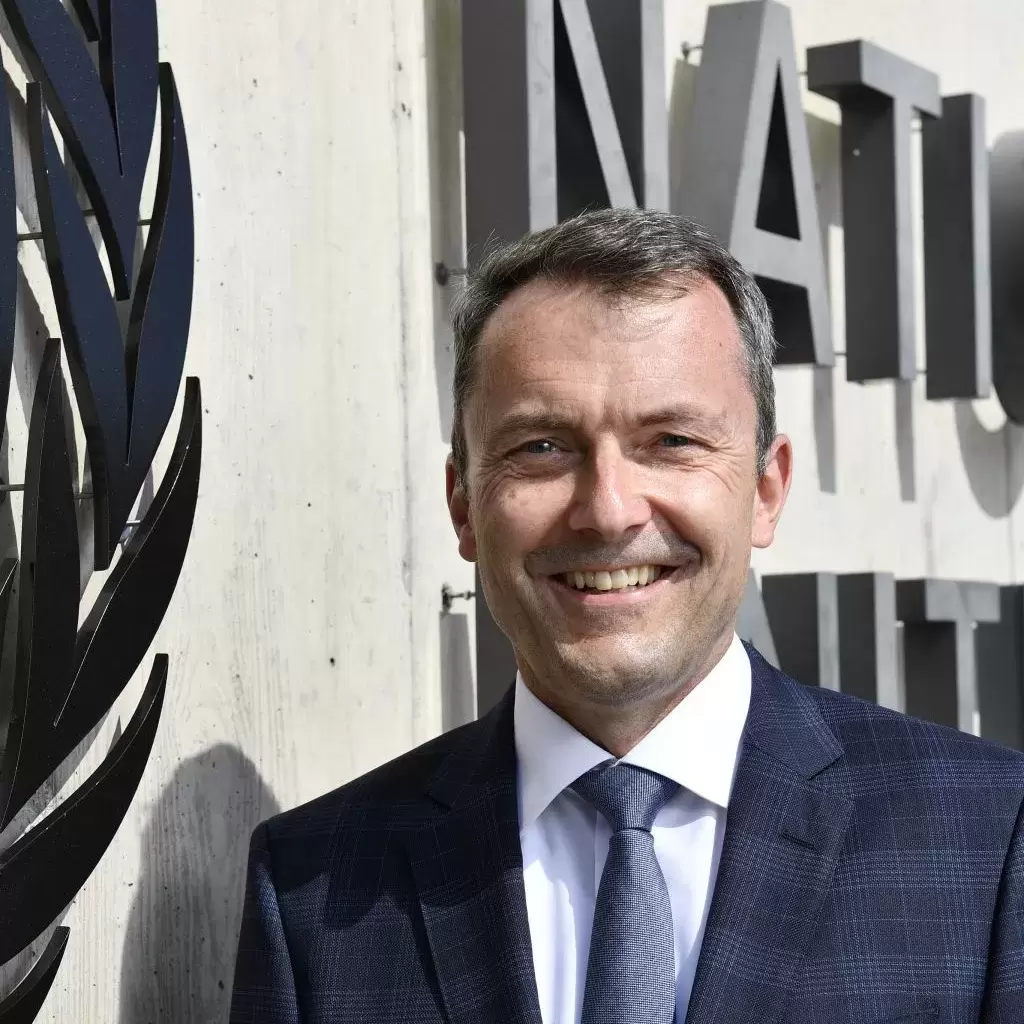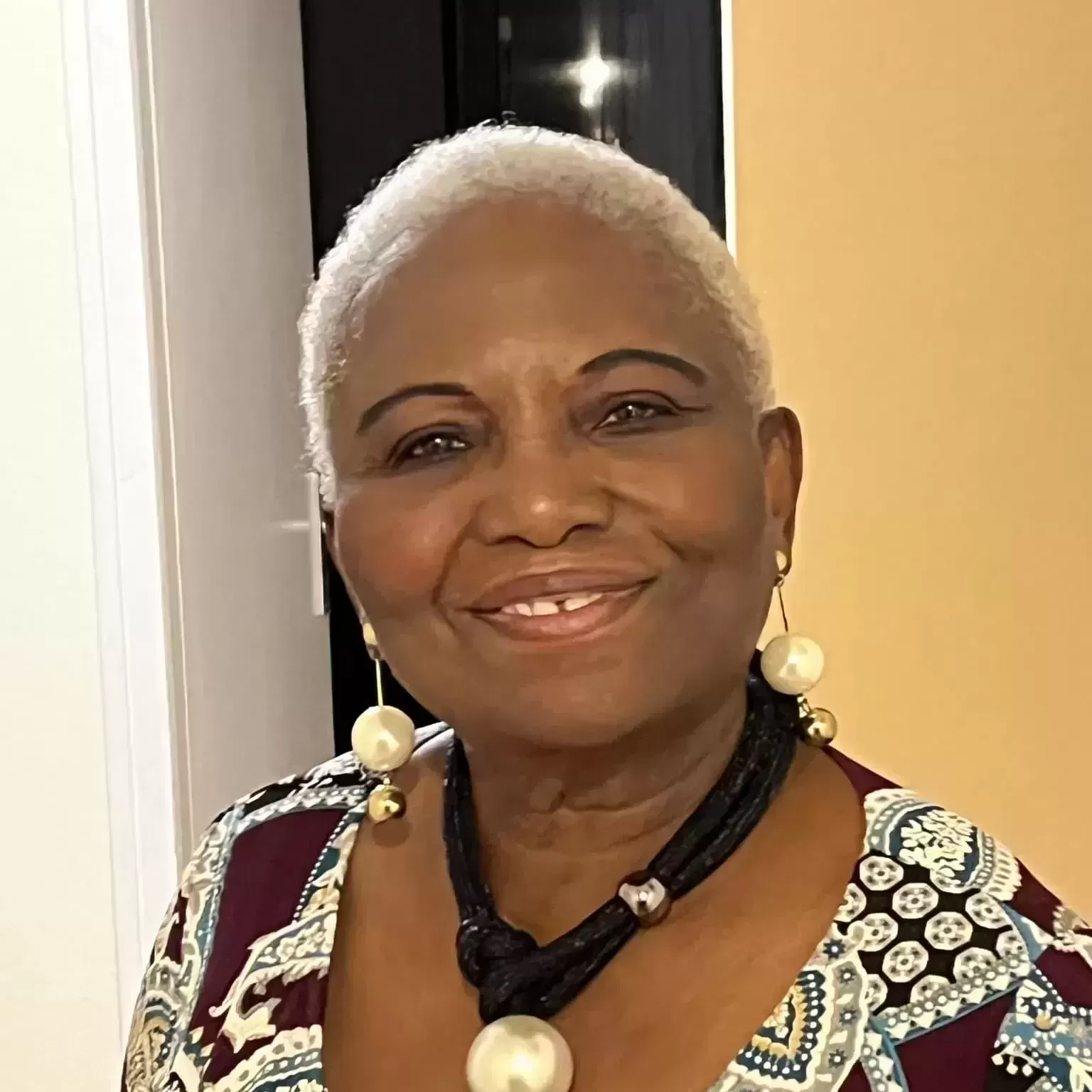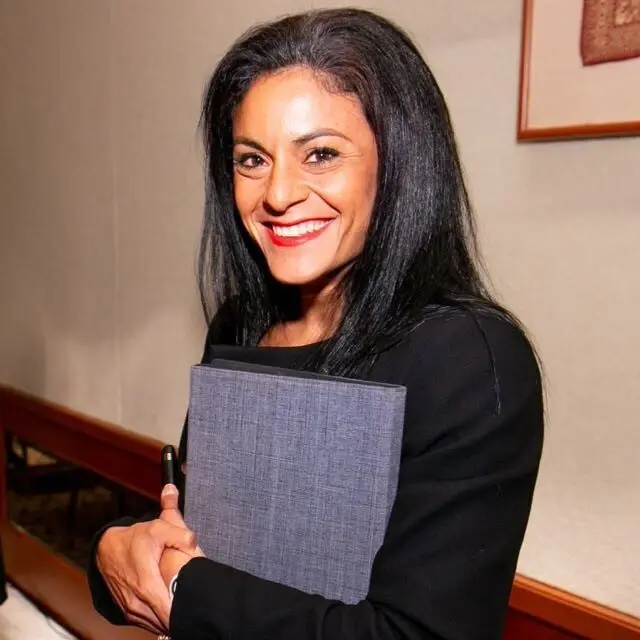The end of the UN?

From unfair vaccine distribution during the COVID pandemic to the disproportionate impact of climate change and the failure to prevent or stop the wars in Gaza and Ukraine, these are just a few examples of global governance’s shortcomings. Faced with the collapse of the current system, an overhaul of the UN seems essential. Yet in a highly politicised and polarised context, is meaningful reform feasible? Will the permanent members of the Security Council ever agree to relinquish their power? What does the future hold for international relations? Suggestions range from limiting the use of the veto to rewriting the UN Charter or even creating a genuine world parliament—potential ways to restore credibility to a waning institution, or to radically rethink its future.
Eva Wuchold
Programme Director Social Rights, Rosa-Luxemburg-Stiftung
Antonio De Aguiar Patriota
Ambassador of Brazil to the United Kingdom
Learn More
Jürg Lauber
President of the Human Rights Council (2025) - cancelled for reasons beyond our control.
Learn More
Yvette Stevens
Former ambassador of Sierra Leone to the United Nations in Geneva.
Learn More
The Veto

For 80 years, the veto wielded by the permanent members of the UN Security Council has sparked endless debate, both within and beyond the UN. Though the veto is not disappearing anytime soon, its use has often led to massive loss of life, displaced millions, and driven the multilateral system to breaking point. This film features insights from leading global experts, who propose real solutions to the Security Council’s gridlock. Could the UN be reformed to safeguard international law—now more threatened than ever?




